Iran Nuke Feud Shifts to Tehran as Hardliners Push to Sink Deal
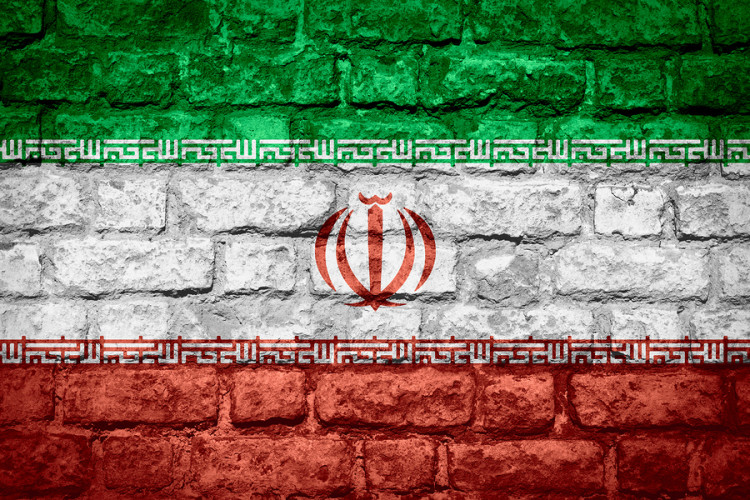
©2015 Bloomberg News
NUQBV56JIJUO
(Bloomberg) — Efforts to kill the Iran nuclear deal are fading in Washington, but in Tehran they’re just heating up.
Throwing his weight behind the push is Hossein Shariatmadari, who has run the loyalist Kayhan newspaper since Supreme Leader Ali Khamenei appointed him editor-in-chief more than two decades ago with a mission to “guide opinion, reflect the truth and defend against foreign aggression.”
Shariatmadari says he and his fellow hardliners in parliament are doing just that by opposing the July accord with the U.S. and five other world powers, a deal that promises Iran sanctions relief in exchange for curbs on its nuclear program and closer inspections of key sites. Their argument is essentially the same as the pact’s critics in the U.S. — the other side can’t be trusted. What the U.S. really wants, he says, is the Islamic Republic’s demise, whether through military conquest or corporate colonization.
“Despite what the Americans say, they’re not at all concerned about Iran developing nuclear weapons,” Shariatmadari said in an hour-long interview in his office in central Tehran, just down the street from the newly reopened U.K. embassy. “They know we consider it haram,” he said, referring to an act forbidden by God.
‘Grand Strategy’
The opinions of Shariatmadari, 68, are viewed by many Iranians as a proxy for those of Khamenei, who doesn’t have a spokesman. The editor, who said he last spoke with Khamenei “at prayers” in early August, dismissed this notion. Iran’s second leader since the overthrow of the U.S.-backed Pahlavi dynasty in 1979 expresses the same views in private as he does in public, he said. And publicly Khamenei has stopped short of endorsing the agreement.
By remaining ambiguous about the deal and encouraging parliamentary debate, Khamenei is shielding himself from any political blowback from what is, for him, a risky gambit, according to Ali Vaez, senior Iran analyst at the International Crisis Group based in Istanbul.
“The elite consensus around the necessity of resolving the nuclear crisis appears intact,” said Vaez. “And so does Iran’s grand strategy, which is to avoid being blamed for any potential failure.”
‘Great Satan’
This tactic was on display last week. As President Barack Obama moved toward clearing the biggest hurdle to ratification in the U.S. Senate, Khamenei doused speculation the deal would lead to improved ties with the U.S. He told a gathering that America remains the “Great Satan” and renewed his verbal attacks on Israel, the closest U.S. ally in the region, predicting the “Zionist regime” won’t last 25 years.
Iran was the second-largest oil producer in OPEC before sanctions were imposed and the prospect of the penalties being lifted have helped push crude prices to a six-year low.
Khamenei, 76, may be inching toward endorsing the accord, but detractors like Shariatmadari see the lack of clarity in his position as an opening, however small, to derail it. With polls showing two-thirds of the public in favor of the pact and President Hassan Rouhani depending on the lifting of sanctions to meet his goals of reaching 4 percent annual economic growth next year and cutting a youth unemployment rate of about 20 percent, it’s an uphill battle.
It may also be a very vocal one. Ali Larijani, the speaker of Iran’s parliament, said he expects an even bigger “drama” in Tehran than in Washington, where Republicans held a rally on Capitol Hill last week to oppose the accord and all 16 of the party’s presidential candidates have condemned it. There are few if any precedents for Iran’s parliamentary theocracy to ratify this type of international pact, so even the process is being debated, delaying the outcome.
‘Legal Channels’
Everyone agrees that Khamenei has the final word, but the supreme leader wants the agreement to go through “legal channels,” which means either parliament, which Shariatmadari and lawmakers favor, or the 13-member Supreme National Security Council, which sets defense policy and is the preferred route of President Rouhani, who presides over the body.
“Some people are debating the wording in this agreement,” the official ISNA news service cited Rouhani as saying Saturday. “I will not allow a group of radicals to dash people’s hope.”
Either way, a special review committee has been formed in parliament and will submit its conclusions to the whole body in a couple of weeks, according to Speaker Larijani.
Islamic State
Even if Khamenei finally signs off, the debate won’t end there. Shariatmadari said he supports the idea of passing legislation that would discriminate against companies wanting to invest in Iran if they come from countries that have imposed the toughest sanctions, led by the U.S., the U.K. and France.
Whatever happens, Shariatmadari, a political prisoner until the U.S.-backed shah was deposed in the Islamic Revolution, said Iran won’t compromise with the U.S. on anything else, including Islamic State, the extremist group also known as Daesh that both countries are fighting in Syria and Iraq.
“How can we cooperate with the U.S. on Daesh when the U.S. created Daesh?” Shariatmadari said. “When the Americans sit at the negotiating table, they are looking at the table but what they are really paying attention to is Yemen, Lebanon, Palestine, Iraq. We will not let go of our support for resistance groups against Israel.”
To contact the reporters on this story: Ladane Nasseri in Dubai at lnasseri@bloomberg.net; Golnar Motevalli in Tehran at gmotevalli@bloomberg.net To contact the editors responsible for this story: James Hertling at jhertling@bloomberg.net Brad Cook


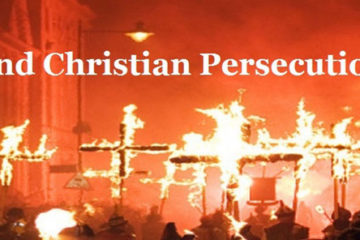
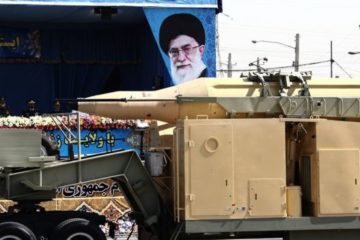
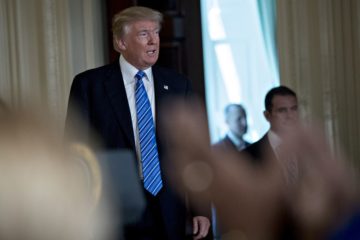
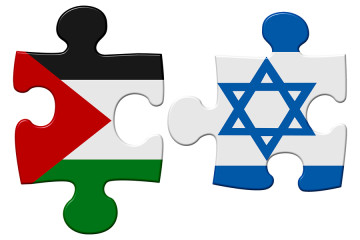

No Comment